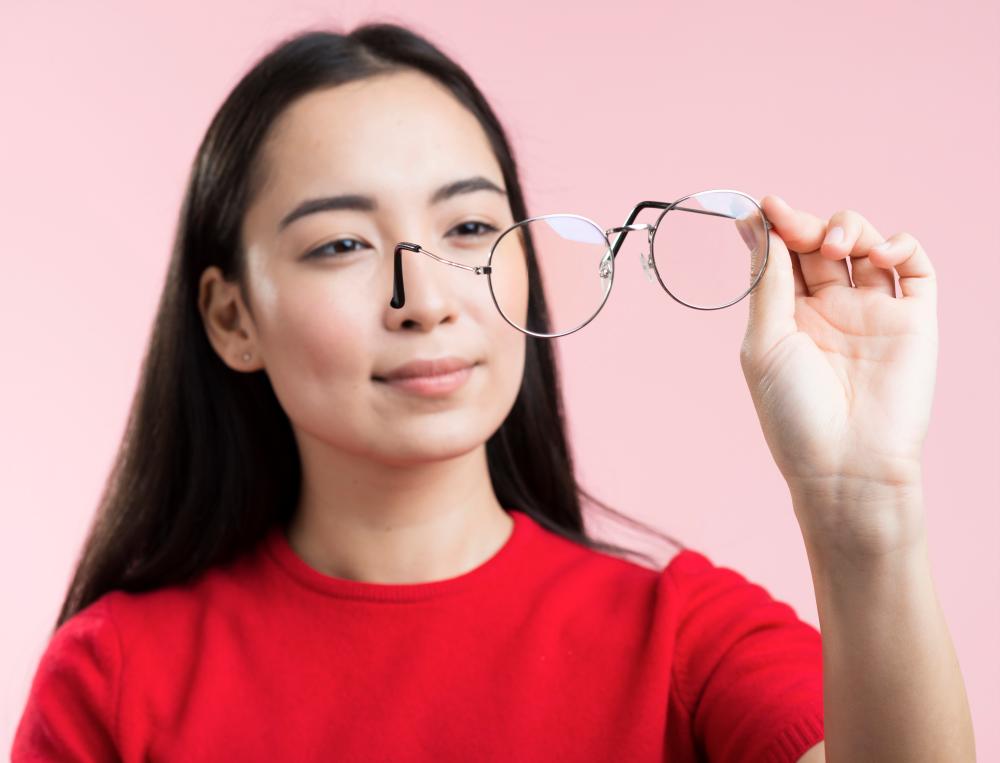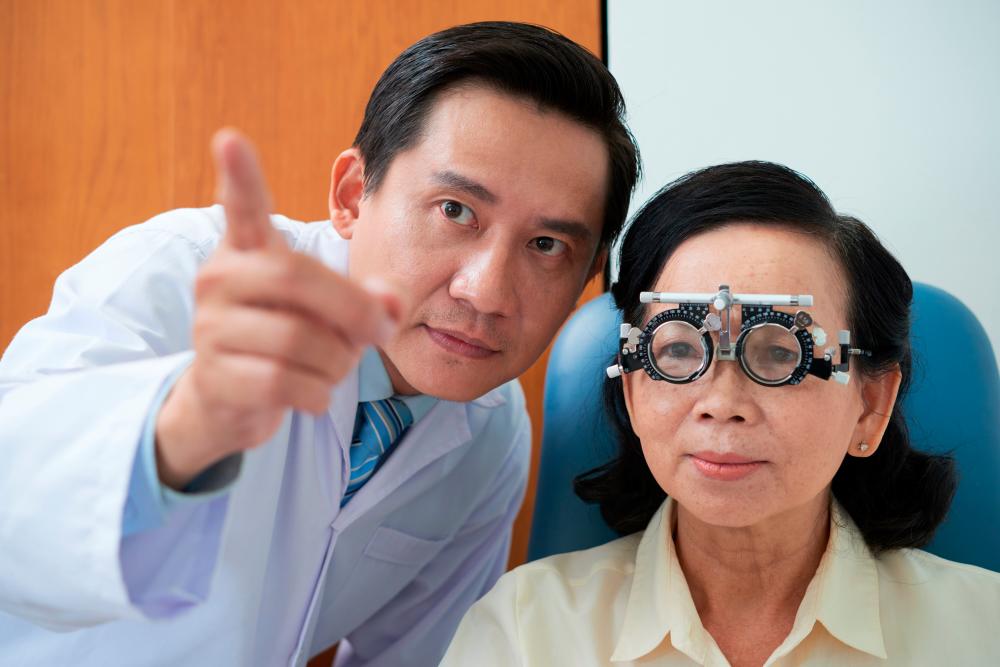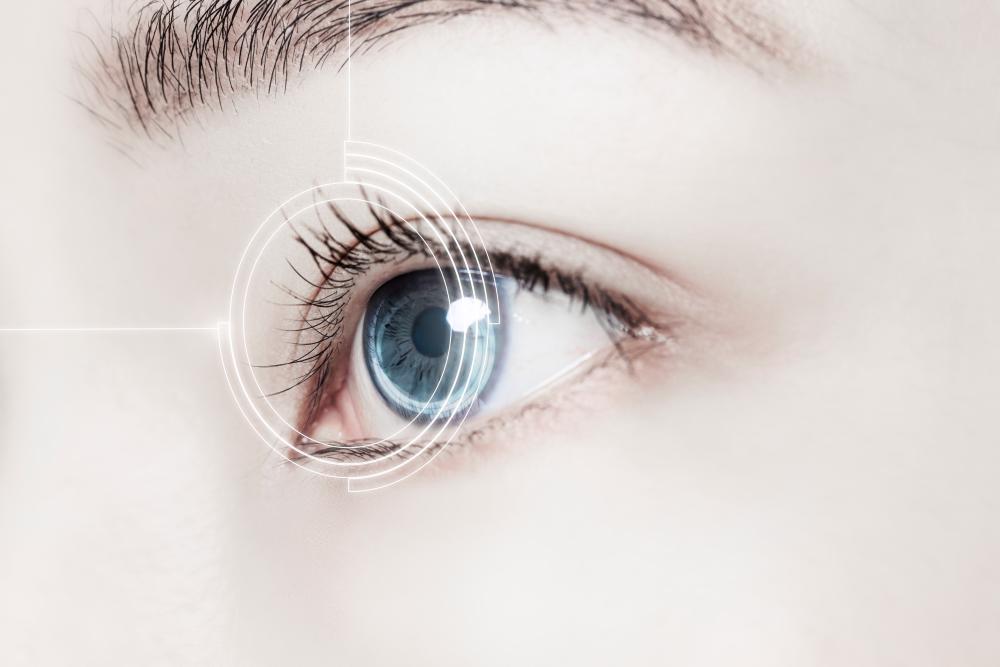YOUR eyes are among your most valuable assets, allowing you to experience and manage the world around you. However, with the increasing use of digital devices and environmental stressors, maintaining optimal eye health is more critical than ever. Below are seven effective tips to keep your eyes healthy and your vision sharp.
Follow the 20-20-20 rule
Prolonged screen time is one of the leading causes of eye strain in today’s digital age. To combat this, the 20-20-20 rule is a simple yet effective strategy. Every 20 minutes, take a 20-second break and look at something 20 feet away. This habit helps reduce eye fatigue and encourages your eyes to relax, preventing strain from staring at a screen for too long. In addition to the 20-20-20 rule, remember to blink often while using screens. Blinking keeps your eyes moist and reduces the likelihood of dryness and irritation caused by continuous focus.

Maintain healthy diet
What you eat can significantly impact your eye health. A balanced diet rich in nutrients such as omega-3 fatty acids, lutein, zinc and vitamins C and E can help ward off age-related vision problems such as macular degeneration and cataracts. Incorporate foods such as leafy greens (spinach, kale), oily fish (salmon, mackerel), eggs, nuts and citrus fruits into your diet. Carrots, famously associated with eye health, are rich in beta-carotene, which your body converts to vitamin A, a critical nutrient for maintaining good vision.
Protect your eyes from UV rays
Exposure to ultraviolet (UV) rays can damage your eyes, increasing the risk of cataracts and macular degeneration. To safeguard your vision, wear sunglasses that block 99% to 100% of UV and UVB rays whenever you are outdoors. Additionally, wearing a wide-brimmed hat can provide extra protection from direct sunlight. If you are someone who spends extended periods outdoors, consider investing in polarised lenses to reduce glare and improve visual clarity.

Practice good hygiene with contact lenses
If you wear contact lenses, maintaining proper hygiene is non-negotiable to prevent infections. Always wash your hands thoroughly before handling your lenses and use a clean, approved solution to store and clean them. Avoid wearing your lenses while sleeping or swimming unless they are designed for such activities. Overwearing or improperly caring for contact lenses can lead to severe eye infections and in extreme cases, vision loss. Follow your optometrist’s recommendations regarding lens wear and replacement schedules.
Take regular breaks from screens
Beyond the 20-20-20 rule, limit your overall screen time whenever possible. Prolonged exposure to blue light emitted by screens can disrupt sleep patterns and potentially harm your retina over time. Use blue light-blocking glasses or activate the blue light filter on your devices to minimise this risk. Create an ergonomically friendly workspace with appropriate lighting to reduce glare on your screen. Position your monitor at eye level and keep it about 20 to 24 inches away from your face. These adjustments can help alleviate neck and eye strain.

Take regular breaks from screens
Beyond the 20-20-20 rule, limit your overall screen time whenever possible. Prolonged exposure to blue light emitted by screens can disrupt sleep patterns and potentially harm your retina over time. Use blue light-blocking glasses or activate the blue light filter on your devices to minimise this risk. Create an ergonomically friendly workspace with appropriate lighting to reduce glare on your screen. Position your monitor at eye level and keep it about 20 to 24 inches away from your face. These adjustments can help alleviate neck and eye strain.
Stay hydrated and moisturised
Dry eyes are a common issue that can result from insufficient hydration or prolonged exposure to air-conditioned or heated environments. To keep your eyes lubricated, drink plenty of water throughout the day. You can also use over-the-counter artificial tears to alleviate dryness and irritation. If you work in an environment with low humidity, consider using a humidifier to add moisture to the air. For people with chronic dry eye syndrome, consult an eye specialist for tailored treatments such as prescription drops or specialised therapies.
Get regular eye exams
Routine eye exams are essential, even if you do not currently wear glasses or contact lenses. Comprehensive eye tests can detect conditions such as glaucoma, diabetic retinopathy, and age-related macular degeneration early, often before noticeable symptoms appear.
Adults should aim for an eye check-up every two years while children, older adults and individuals with a family history of eye disease may need more frequent visits. An optometrist can also assess your prescription and provide solutions for any vision problems you might encounter.
Taking care of your eyes does not have to be complicated but it does require consistency and mindfulness. By following these seven tips, you can protect your vision and reduce the risk of common eye-related issues.









